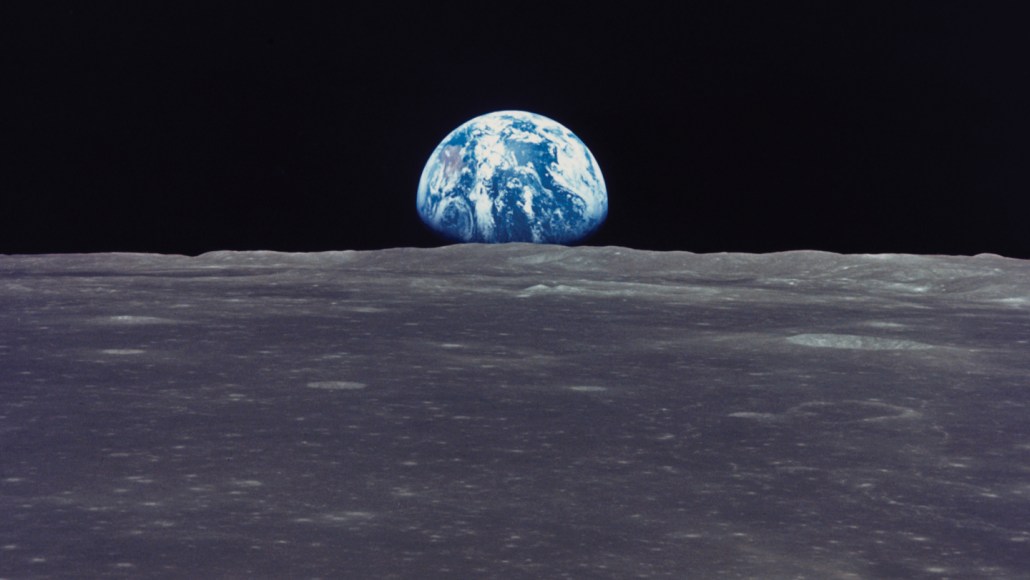
Science & Society
On moonshots and Minneapolis
Space exploration can bring people together and reflect deep societal divisions.
Every print subscription comes with full digital access

Space exploration can bring people together and reflect deep societal divisions.
We summarize the week's scientific breakthroughs every Thursday.

Antarctic Peninsula projections show accelerating ice loss, warming oceans and global sea level impacts tied to greenhouse gas emissions.

Research reveals more short-snouted dogs besides pugs and bulldogs that struggle with breathing. Pekingese and Japanese Chins topped the study's list.
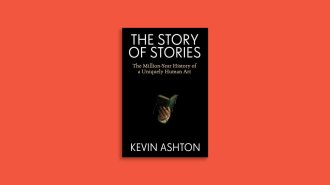
In The Story of Stories, technologist Kevin Ashton explores how storytelling has evolved and why stories matter.
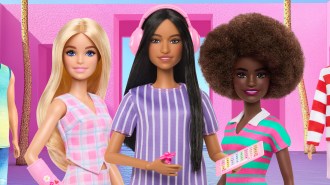
Representation and rigorous science compete with the Trump administration’s false claims about autism.

Study showcases how modern-day foragers stick together when seeking food. Such social forces could help explain the emergence of complex thinking.

A new study finds that humans and AI spot different kinds of deepfakes — hinting at the need to team up to fight them.

Procrastination in young adulthood is not set in stone, though change is difficult, a long-term study shows.
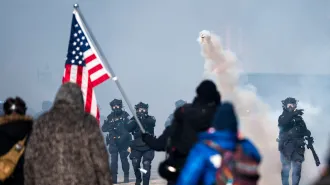
The chemicals are widely used for crowd control, but their long-term health risks are poorly understood.
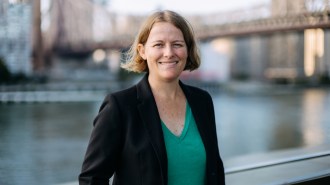
Nicola Dell, a computer scientist studying the role of technology in intimate partner violence, cofounded the Center to End Technology Abuse.
Subscribers, enter your e-mail address for full access to the Science News archives and digital editions.
Not a subscriber?
Become one now.